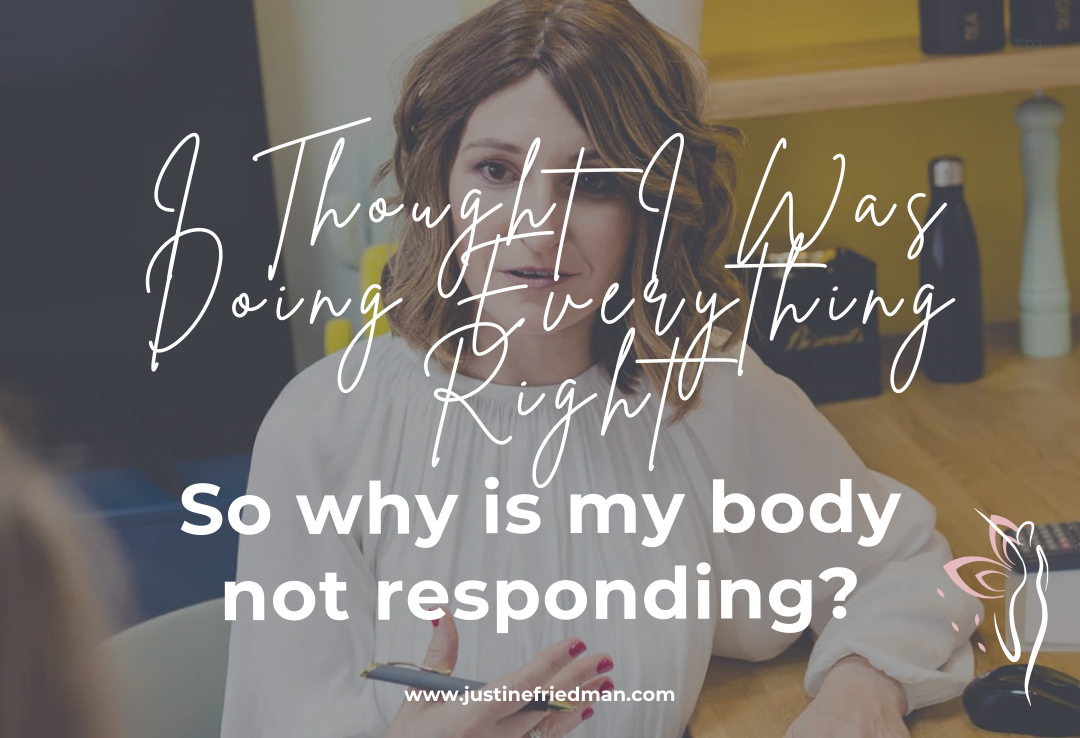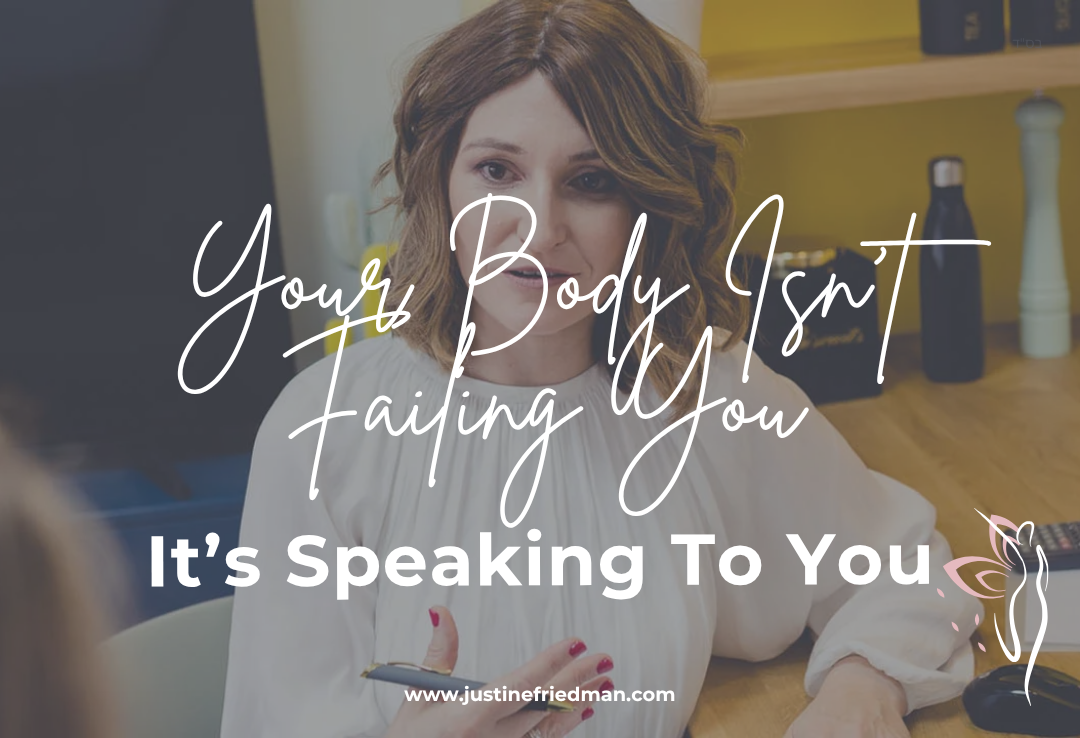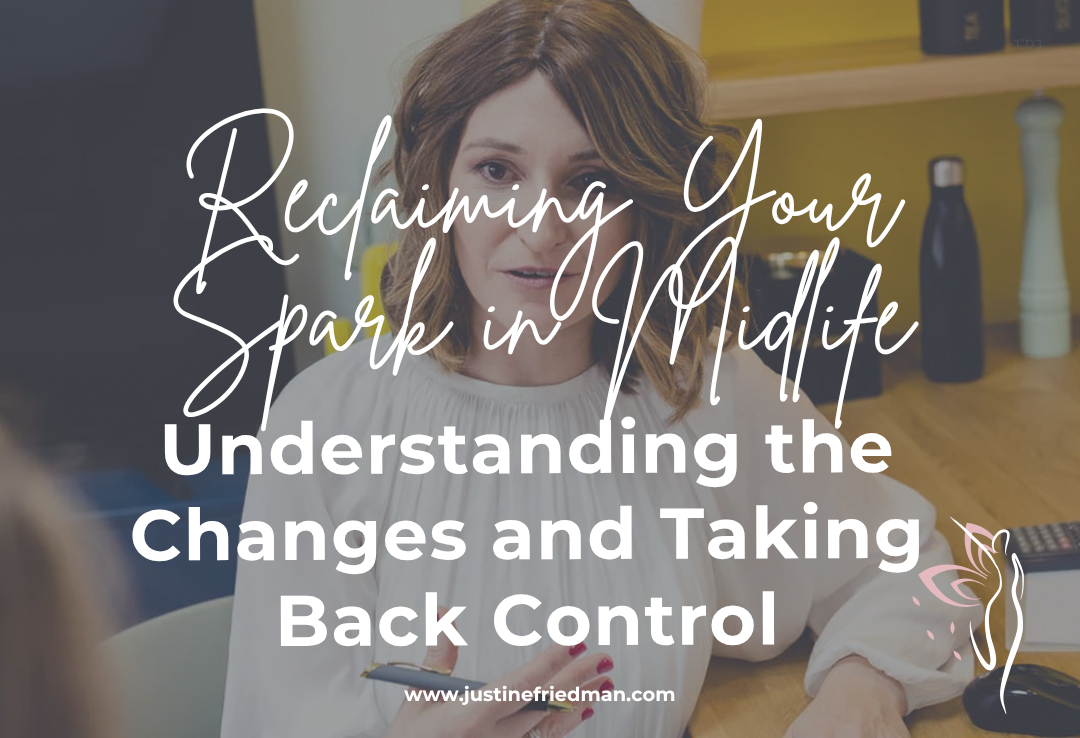At a recent gathering of friends—yes, in Israel we are allowed to be doing that now!—a good friend announced that “Food is the enemy”. This gave me a lot of pause for thought as I examined the source of this challenge leveled against an essential element that literally keeps us alive. Without air, water, and food, we would certainly not be alive. So why is this life-giving source of nourishment seen in such a negative light? Corona/Covid19 or not, this is a lifetime battle that many face, and at this time of varying stages of lockdown, the proverbial elephant in the room is at front and center.
Social media is inundated with posts that range from fitness gurus posting Zoom lessons on different exercise regimes to the latest recipe craze that HAS to be baked and enjoyed and re-baked and consumed again. From banana bread to apple fritter loaf, which surely has enough sugar to make the least at-risk person diabetic with one bite, food seems to be the focus of how we are filling our time.
Eating is more than just a physiological need that we fill. As human beings, we are so tied to the emotional and social aspect that food provides. At a time like this where socializing is not the reason for relaxed eating, the emotional aspect is the biggest trigger. So many of us eat in response to a variety of situations and emotions. Currently, I believe that the biggest triggers are the lack of our normal routines, lack of purpose, boredom, anxiety, and fear over the future for many reasons be they financial, health, or family related and the access that we all have to our pantries and fridges. On the flip side, many of us are in the mindset of allowing ourselves the pleasure of eating as so many other external restrictions are being imposed on us so why worry about what we are eating on top of all of that.
My biggest concern as a clinical dietitian with these triggers is the increased risks we face when poor food choices together with a more sedentary lifestyle and stress creates. Without listing facts and figures, the risks for heart disease, metabolic syndrome, diabetes, and high blood pressure are increased substantially.
So how do we take better care of ourselves at a time like this, bearing in mind that there may also be a lack of availability to some healthier options? How can we minimize the risks that we could face even when less than nutritious choices are available?
Awareness is the starting place. Before eating, stop and reflect on why you are feeling a need to eat in the first place. Is it true physiological hunger or is it an emotion or boredom that triggered you?
If the latter two are the reasons, then one of the most important tools I teach my clients is relevant. Pause before eating and allow yourself the opportunity to identify what emotion has been triggered in you. The trick here is to name the emotion. So for example, if you identify that you were feeling angry or sad or anxious, say to yourself I am feeling ANGRY/ SAD/ ANXIOUS. Say it out loud or to yourself. The key is to name it and say it. So often the reason we are eating is to suppress this emotion and once it is acknowledged, the desire to eat and suppress it more often than not goes away or the desire to overeat is reduced.
This is the starting point of building a relationship with understanding when you are eating in a reactive way and it allows you to become more of a responder by first addressing the emotion and then making a more level-headed, instead of a knee-jerk choice and decision on whether you still want to eat.
When emotions dictate our food choices, the underlying craving is often for a food that will give us a specific feeling. Sugar, baked goods, chocolate, crisps, and gummy sweets all hit the spot in the moment but the rebound effect leaves one feeling flatter and in need of more of the same pick-me-up again. This creates a vicious cycle of cravings and energy dips. The only way out of this is to keep your blood sugar levels as balanced as possible throughout the day by eating smaller and more frequent meals and snacks. If you are experiencing stressful triggers and you are hungry with a lower blood sugar level, then you are more likely to fall victim to these foods.
Another factor that I would like to address is the ongoing debate around carbohydrates and the role they play in nutrition. Not all carbohydrates are created equal, by which I mean that there are more complex and wholegrain options which may also be completely natural such as sweet potato, potato, oats, quinoa, and corn and then some more processed but not unhealthy options like rice, pasta, low GI and rye breads. The closer any food is to its natural form will always be best utilized by our bodies for fuel and the energy in these foods will be metabolized more efficiently. The more processed and preserved a food is, the less efficiently the body functions in response to eating it. What we eat a carbohydrate with is also incredibly important. If we are eating lean protein choices with a moderate amount of healthier fats and salad and non-starchy vegetables our bodies handle it well. However, should we combine a perfectly nutritious potato with high fat like cream, cheese, and butter the meal now becomes incredibly unhealthy. So it’s not just about one specific food group but how the different food groups are combined together that can either enhance health or create disease.
I would love to tell you all to go ahead and indulge and allow yourselves the enjoyment of cakes, biscuits, banana bread, and the like but the truth is that weight issues aside, they just aren’t nutritious not for our bodies or for our emotions and certainly not for the attainment of a positive state of mind. If you must have them then consider the quantity and limit this. The key here is to still allow yourself to enjoy eating it because otherwise what on earth is the point!!! So take a smaller amount, put it on a plate, eat it slowly and savor every bite and move along.
As for those who really want to make better choices and who would rather avoid the vicious sugar craving cycle, here are some healthier options to keep on hand.
- Sugar-free, salt-free peanut butter which is delicious on a slice of thick toasted low GI bread. If you must make it a bit sweeter, rather add a dash of honey yourself than choose the option with sugar added. Other savory options to put on are avocado, low-fat cottage cheese, tuna with a light mayonnaise, or boiled egg with some light mayonnaise. And please leave off the margarine or butter! Add tomato, cucumber, a chopped pickled cucumber for some extra flavor.
- To avoid the tiresome activity of preparing salad vegetables, I always advise my clients (and I do this myself!) to keep ready-cut salad veg in the fridge. This allows you to easily add it to any meal without the added hassle of preparing anew each time.
- For the colder winter evenings and days make some homemade vegetable soup with vegetables like baby marrow, carrot, celery, and a little sweet potato. A hearty vegetable soup goes a long way to filling the gap.
- Raw nuts (in moderation) and seeds also make for a great snack and keep the body in a less inflamed state due to their healthier fat component. Almonds, cashews, walnuts, sunflower seeds, and pumpkin seeds are a great nush option. Combine this with a fresh piece of fruit and your blood sugar will stay stable for a longer period of time.
My last piece of advice is to remember to stay hydrated. Yes, drinking 8 glasses of water a day is important. When our bodies are well-hydrated, they function better and thirst can also mimic as hunger if you haven’t had enough water to drink. So stay off the cold drinks and fruit juices, be mindful of too many cups of tea and coffee and hot drinks like hot chocolate. Good old water or even a tasty herbal tea is first choice.
This advice covers the general healthy population. If you suffer from any medical condition and you have been given sound nutrition advice from a registered dietitian, please follow it. If you are concerned about your health or you feel that your emotional eating pattern is something that you would like to address seek out a certified dietitian who does not promote fad diets and who will look at your eating in a holistic way. You are more than what you eat and any advice that you are given should take more than just food into account.
Struggling with thoughts (specifically obsessing over food-related issues) and feeling that food is the enemy does not need to consume our lives. There is a way to learn to make peace with food, that we truly need in order to survive, and to turn our food experiences into ones of nourishment for body, mind, and soul.





